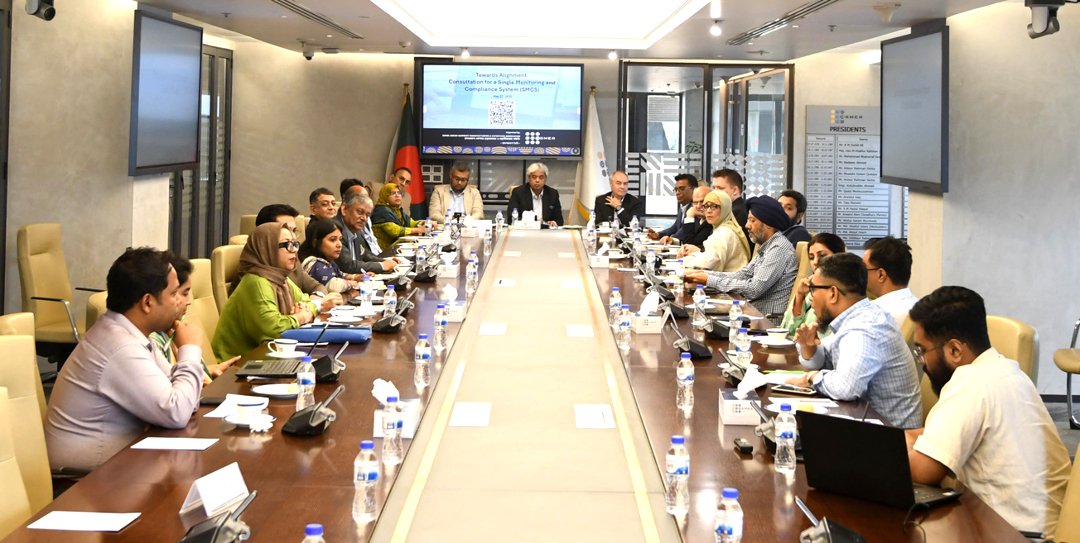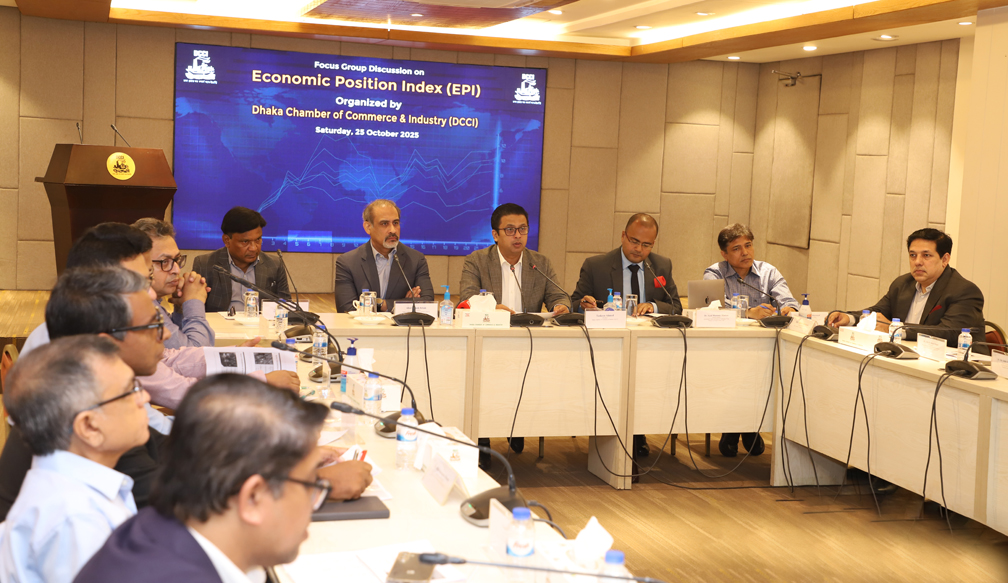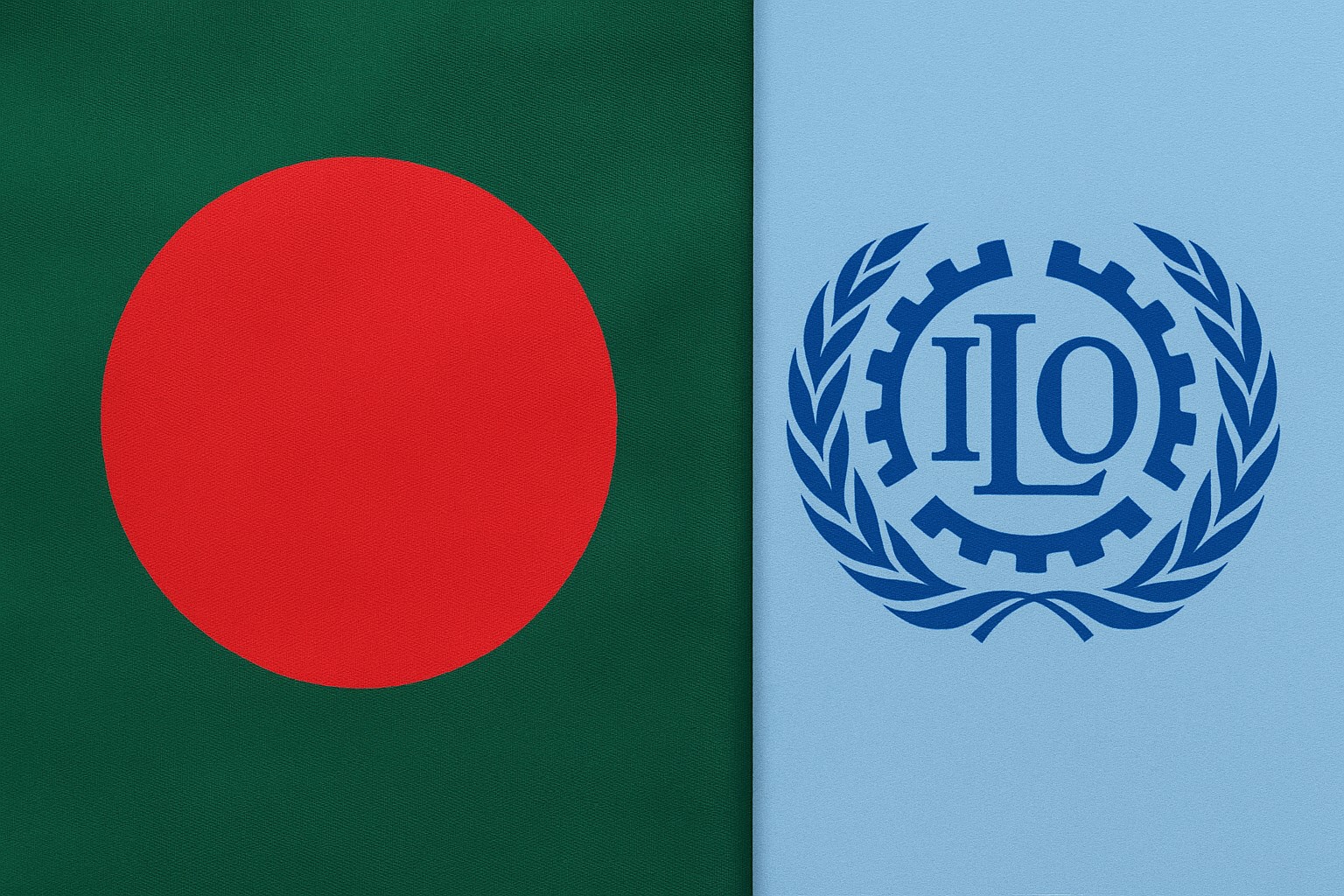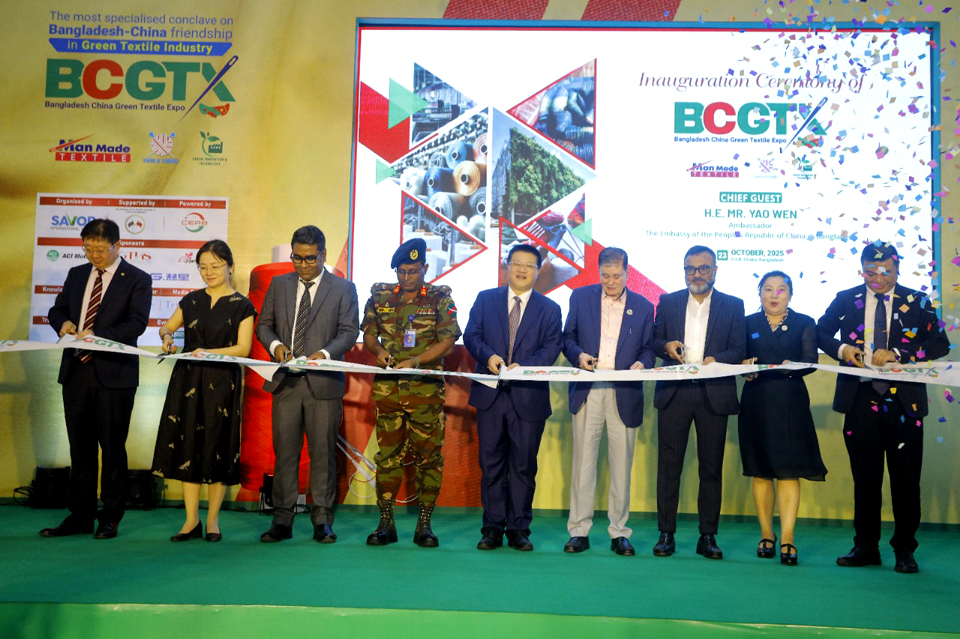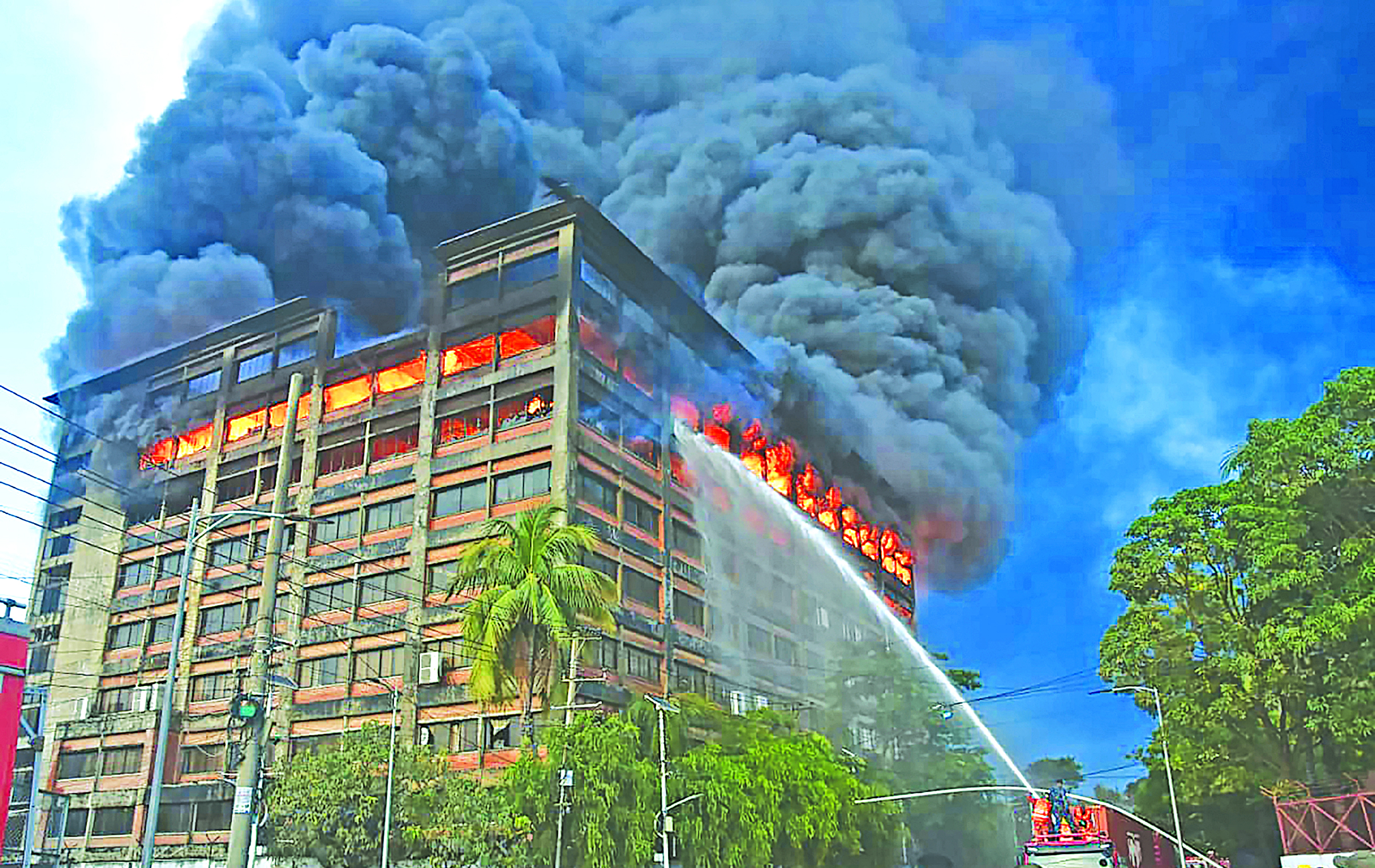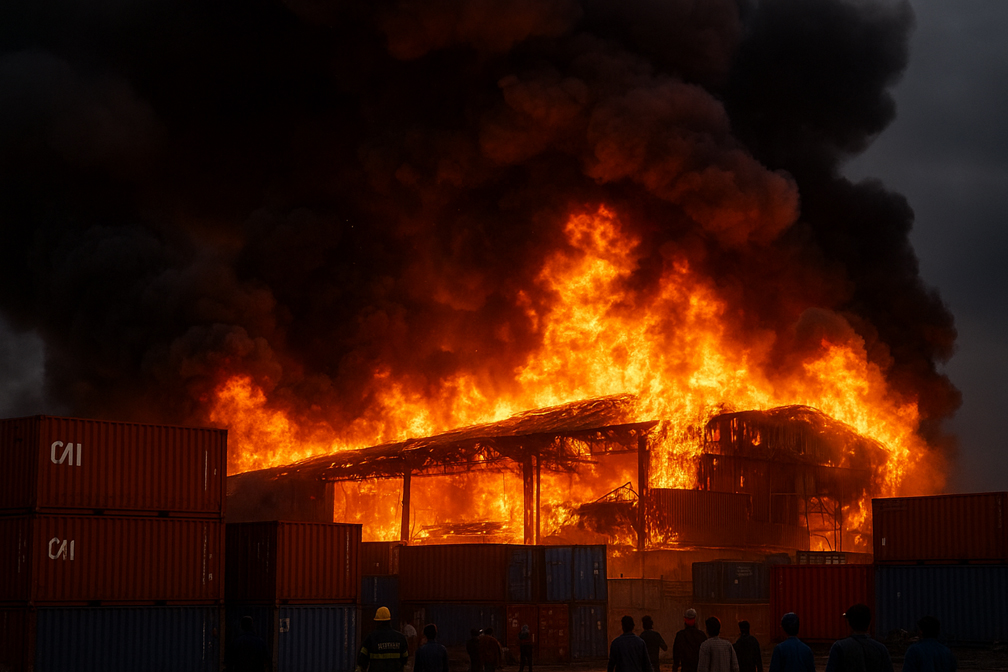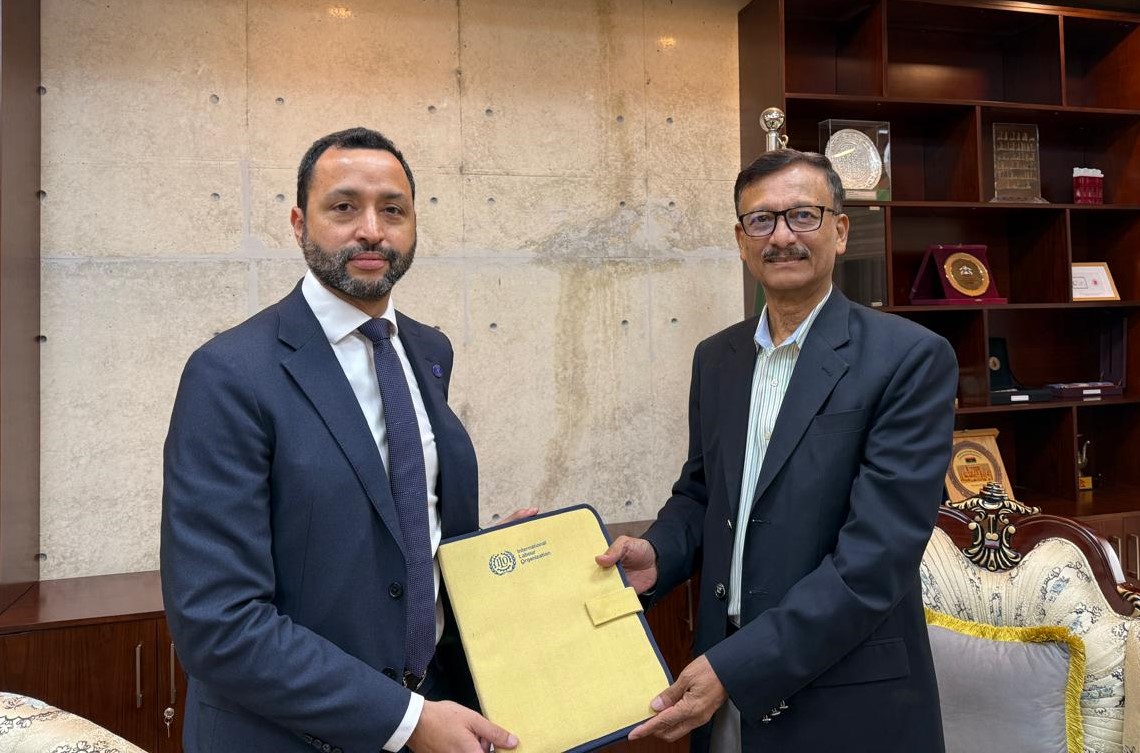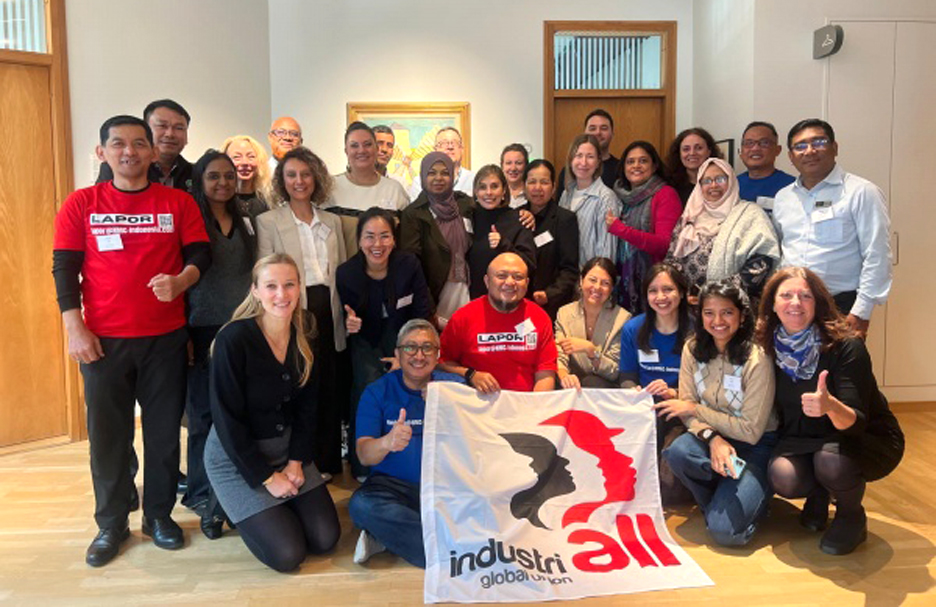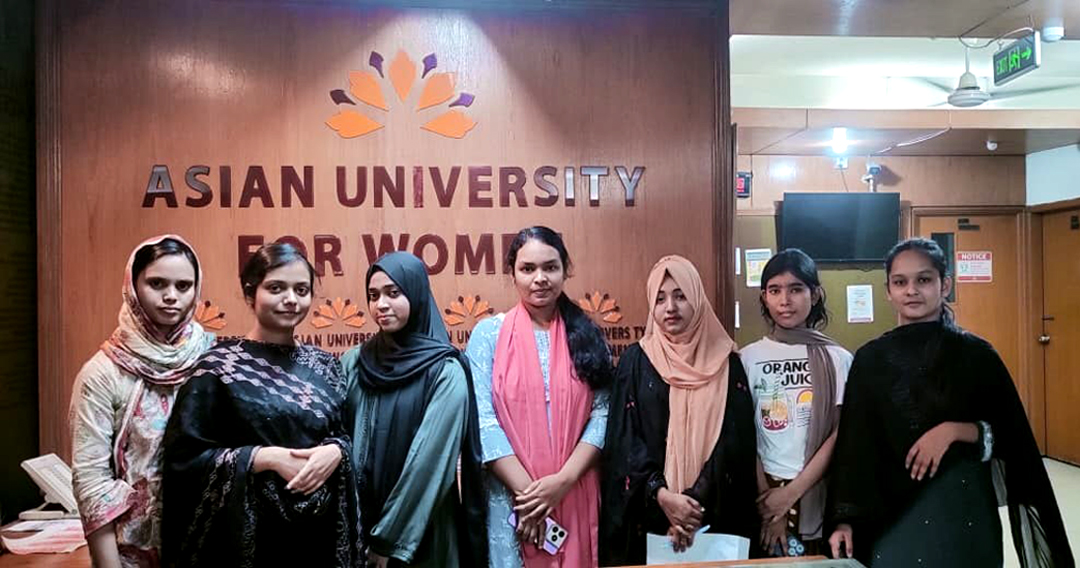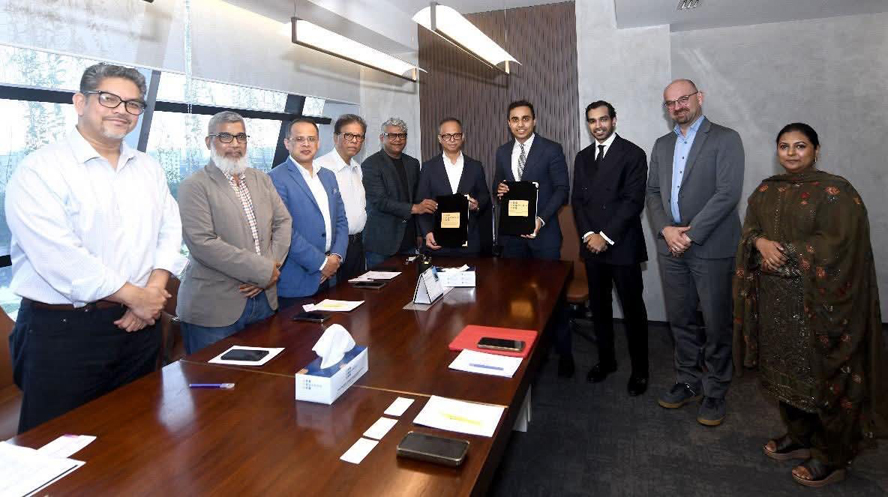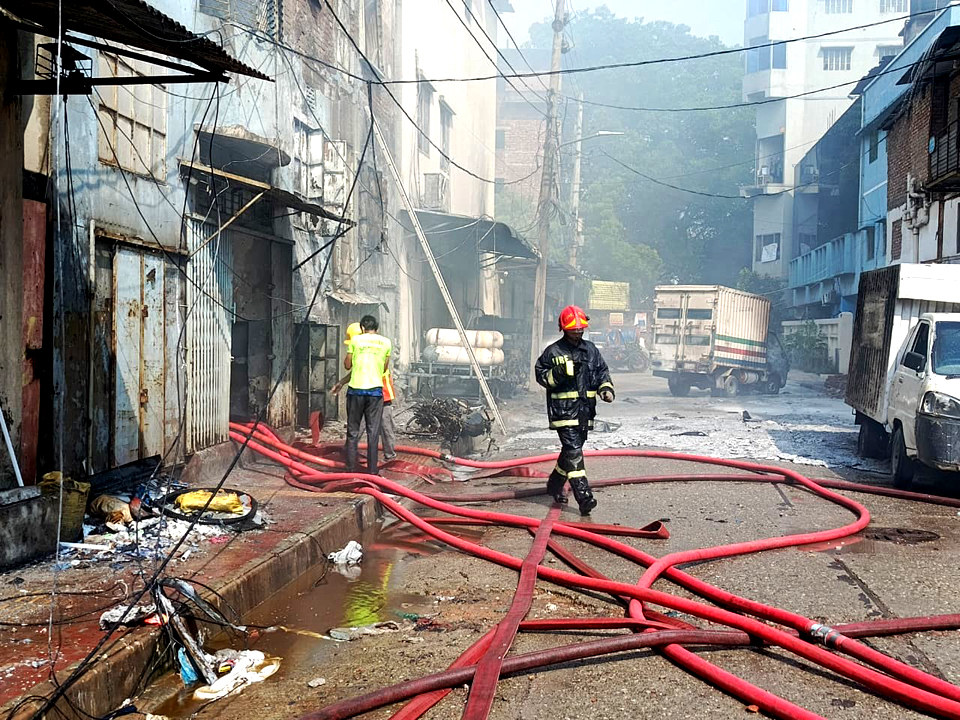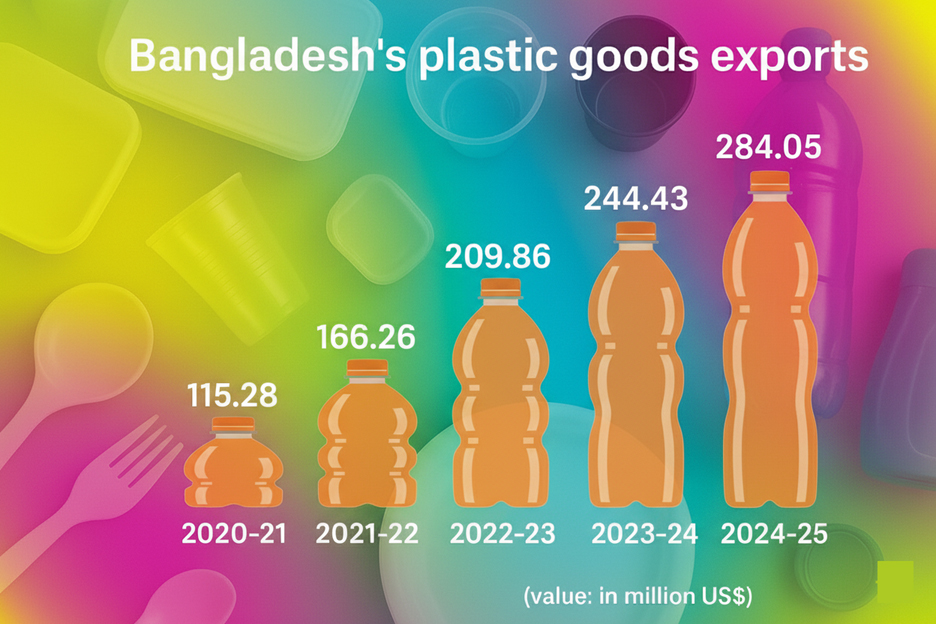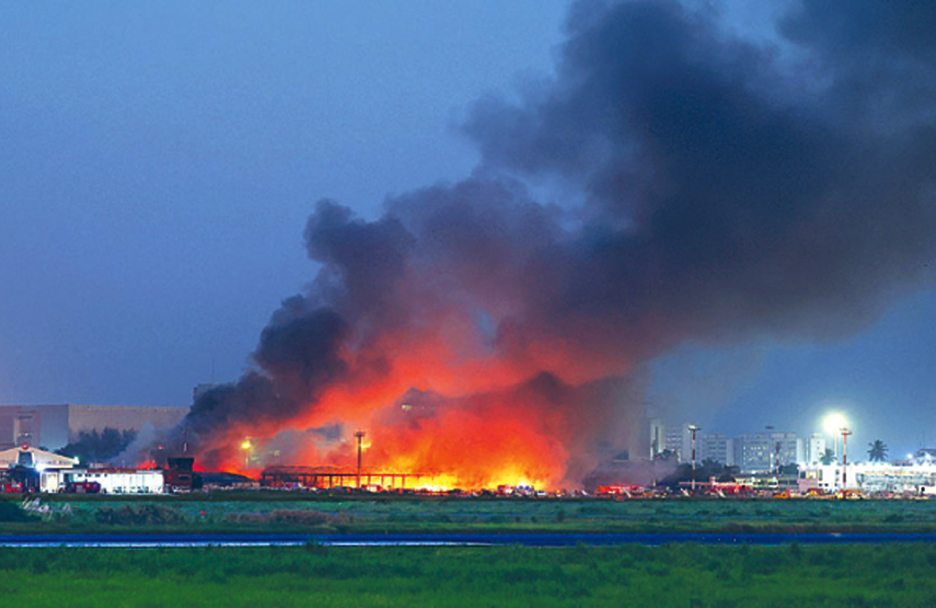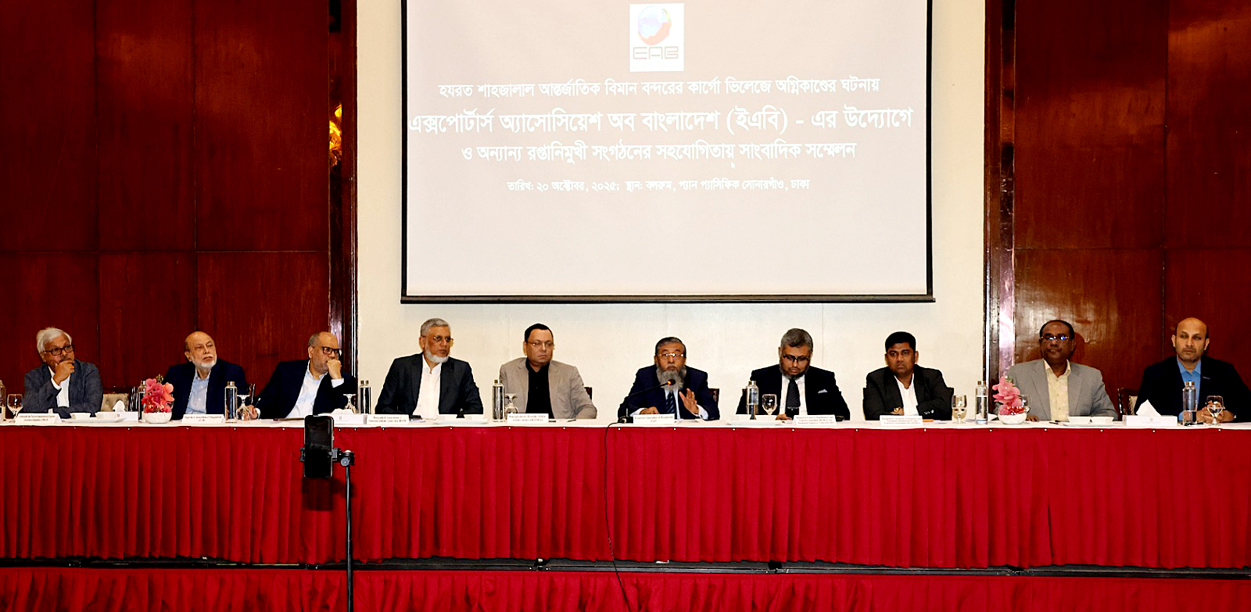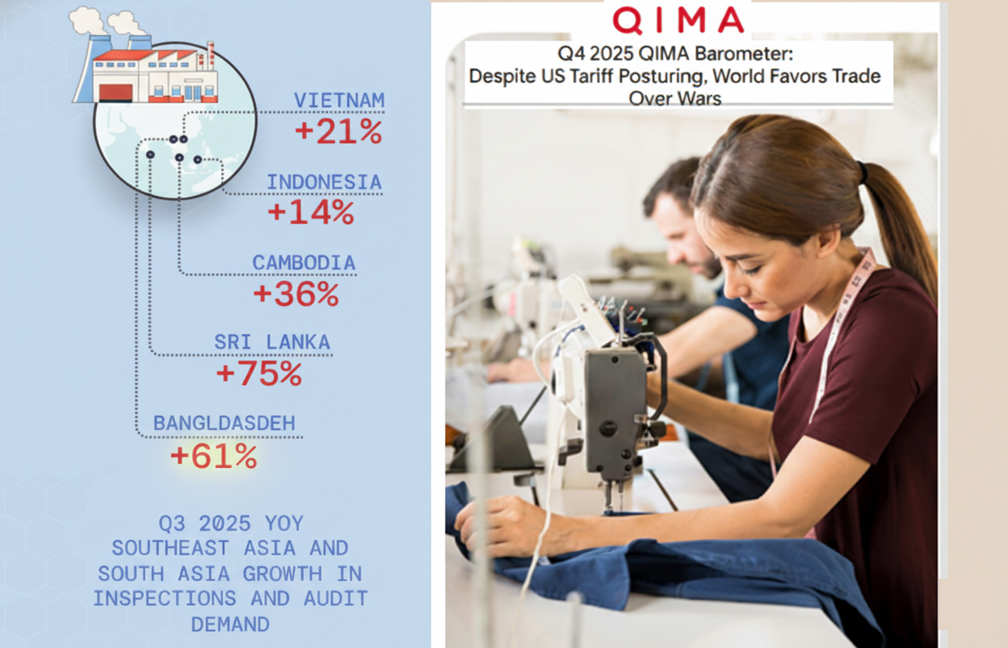A high-level consultation involving key stakeholders from the Apparel and textile sector — including the ILO, DIFE, and major global brands — agreed to take several important steps to simplify and improve monitoring and compliance practices in Bangladesh’s garment industry.
The consultation titled ‘Towards Alignment: Consultation for a Single Monitoring and Compliance System (SMCS)’ was held on May 27 at the BGMEA Complex in Uttara, jointly organised by the Bangladesh Garment Manufacturers and Exporters Association (BGMEA) and the Bangladesh Knitwear Manufacturers and Exporters Association (BKMEA).
The consultation included representatives from the International Labour Organization (ILO), the Department of Inspection for Factories and Establishments (DIFE), and major global brands such as M&S, GAP, Inditex and Li & Fung, along with members of BGMEA and BKMEA.
Discussions focused on the challenges posed by overlapping audits and compliance requirements, which stakeholders agreed lead to inefficiencies, audit fatigue, and duplication of efforts.
Participants explored the development of a unified monitoring and compliance system to enhance efficiency, reduce redundancies, and increase transparency and accountability in the ready-made garment (RMG) sector.
The session was chaired by BGMEA Administrator Md. Anwar Hossain, with ANM Saifuddin, Supporting Committee Member of BGMEA, moderating and Fazlee Ehsan Shamim, Executive President of BKMEA, also addressing attendees.
ILO Country Director Tuomo Poutiainen in his remarks stressed the need for a credible, inclusive national system built on trust and strong institutional collaboration.
Md Anwar Hossain highlighted the importance of a unified platform based on an internationally recognised code of conduct to serve the interests of all stakeholders—buyers, manufacturers, and workers.
He called on the ILO to take a leadership role in facilitating its development.
As a key outcome of the meeting, BGMEA and BKMEA will work together to prepare a concept paper outlining the scope and framework for the unified system.
Further stakeholder consultations will be conducted to define common compliance indicators, engaging trade bodies, employers, trade unions, brands, and audit experts.
The initiative aims to establish a trusted, transparent national compliance system aligned with both global standards and the specific context of Bangladesh, with the ILO expected to play a central role in supporting its implementation.


